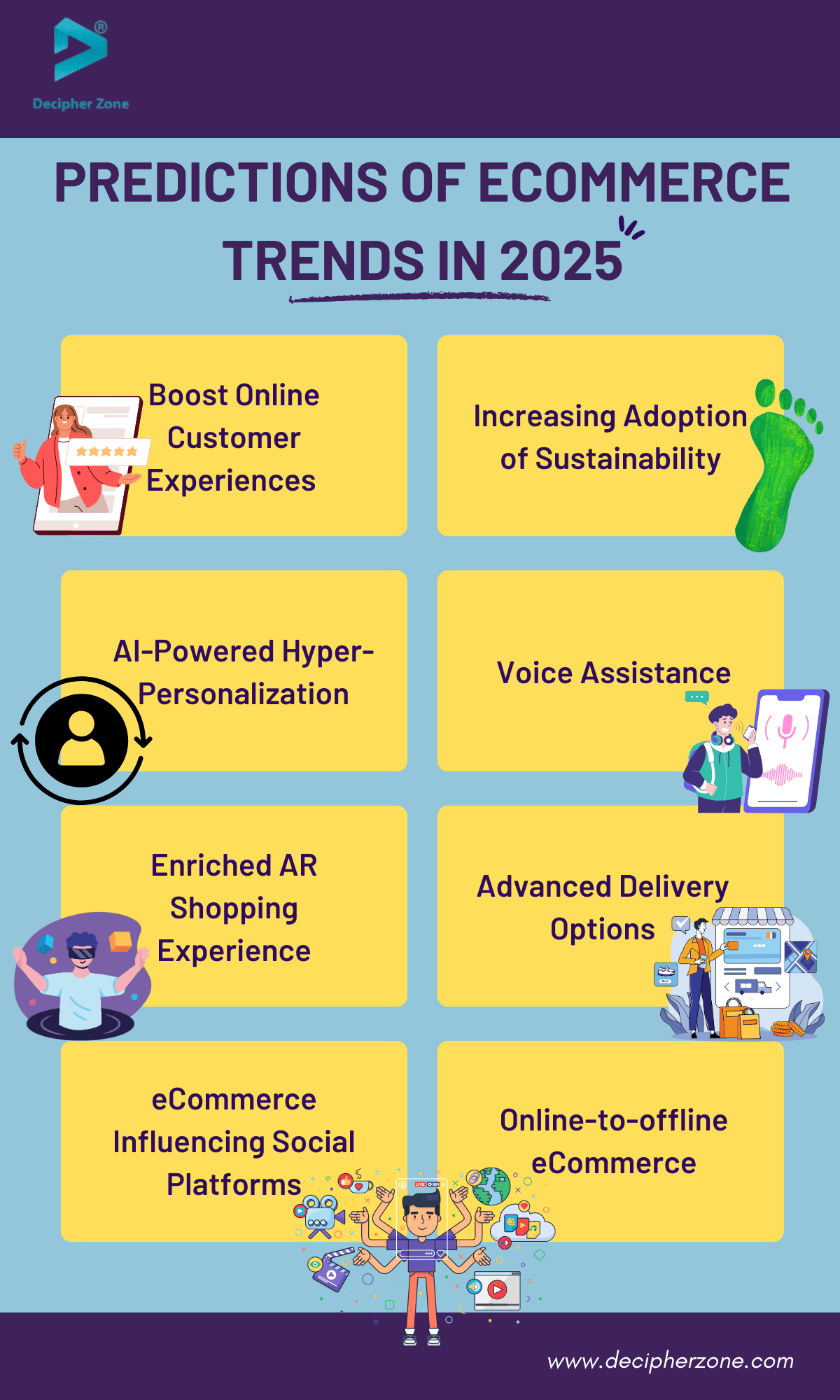The Shift from Likes to Meaningful Engagement
Social media’s impact on sales has undeniably been transformative. For years, the focus was on vanity metrics – the number of likes, followers, and shares. However, the modern social selling landscape has moved beyond this superficial approach. Today, it’s about building authentic relationships, providing genuine value, and fostering trust. Companies are realizing that a thousand likes don’t necessarily translate to a single sale. Instead, the emphasis is shifting towards quality interactions and nurturing leads through consistent, valuable content.
Leveraging LinkedIn for Professional Networking
LinkedIn has emerged as the undisputed king of social selling platforms. Its professional focus allows businesses to connect directly with potential clients and industry influencers. Instead of broadcasting generic advertisements, savvy salespeople use LinkedIn to share insightful articles, participate in relevant group discussions, and engage in one-on-one conversations. This targeted approach allows for personalized interactions and the development of meaningful professional relationships, resulting in more qualified leads and increased conversion rates.

The Power of Personalized Content and Storytelling
Generic marketing blasts are becoming increasingly ineffective. Today’s buyers value authenticity and personalization. Successful social selling strategies focus on creating tailored content that resonates with specific target audiences. This involves understanding their pain points, aspirations, and challenges and addressing them directly through compelling narratives. Storytelling is particularly powerful in building rapport and showcasing the human side of your business, fostering stronger connections with potential customers.
Data-Driven Insights and Performance Tracking
While building relationships remains crucial, social selling is no longer solely reliant on intuition. Modern platforms provide robust analytics tools that allow salespeople to track their performance, measure engagement, and optimize their strategies. By monitoring key metrics such as click-through rates, conversion rates, and engagement levels, businesses can identify what’s working and what’s not, allowing for data-driven improvements and a more efficient approach to social selling.
Integrating Social Selling into the Wider Sales Funnel
Social selling isn’t an isolated activity; it’s an integral part of the overall sales process. Effective strategies seamlessly integrate social media into the wider sales funnel, from lead generation and nurturing to closing deals. This requires strong coordination between sales and marketing teams, ensuring that leads generated through social media are effectively nurtured and passed on to the appropriate sales representatives at the right time. The entire customer journey should be considered, ensuring a cohesive and consistent brand experience.
The Rise of Social Listening and Customer Feedback
Social media isn’t just a platform for broadcasting; it’s a rich source of customer feedback and insights. Social listening tools allow businesses to monitor conversations about their brand, industry trends, and competitors. This information is invaluable in understanding customer needs, identifying potential problems, and shaping product development strategies. Actively engaging with customer feedback and addressing concerns demonstrates responsiveness and builds trust, fostering loyalty and positive brand perception.
Embracing Video and Interactive Content
In today’s fast-paced digital world, attention spans are shorter than ever. To cut through the noise, businesses are increasingly incorporating video and interactive content into their social selling strategies. Videos, live streams, polls, and quizzes are more engaging than static text and images, capturing attention and facilitating two-way communication. This allows for more dynamic interactions and deeper connections with potential customers.
The Importance of Building Trust and Credibility
Ultimately, the success of social selling hinges on building trust and credibility. This involves consistently delivering valuable content, demonstrating expertise, and engaging in authentic interactions. Transparency and honesty are paramount. By showcasing your knowledge and providing helpful resources, you establish yourself as a trusted advisor, fostering stronger relationships with potential clients and increasing the likelihood of closing deals.
Staying Ahead of the Curve: Continuous Learning and Adaptation
The social media landscape is constantly evolving. To remain competitive, businesses need to embrace continuous learning and adaptation. Staying up-to-date on the latest trends, algorithms, and best practices is crucial for maximizing the effectiveness of your social selling strategies. This includes investing in employee training and staying informed about emerging social media platforms and technologies. Click here to learn about social commerce trends in 2025.


